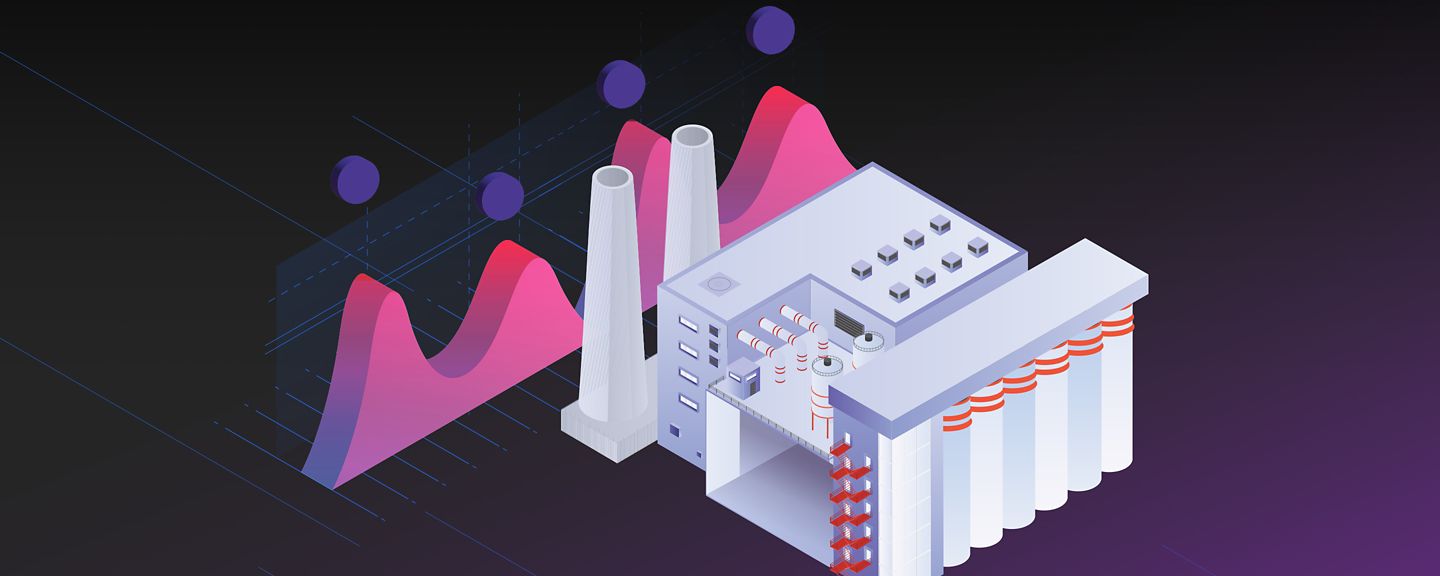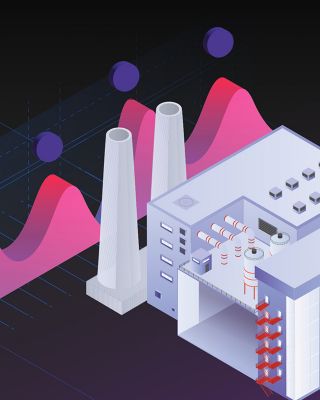

4 Industrial Megatrends and the Race to Net Zero
Climate change is often dubbed in popular media as a “defining issue of our time.” This is no hyperbole. And we - the business world - need to pay attention to this defining issue. No matter what geography or industry is involved, your organization is not immune. Especially if you're in the industrial sector.
Researchers have long been claiming that the innovation required to decarbonize the economy and to increase resource efficiency can - in and of itself - spark a new industrial revolution, fueling growth.
But what if you're not cleantech? If instead you’re a traditional producer – processing oil, gas, chemicals or minerals - how can you innovate and join the ‘race to net zero?’ To understand what, exactly is expected of our industry’s transition, we must first understand some of the megatrends in the industrial sector.
There are quite a few, but here are the top 4 megatrends to keep in mind:
1. Changing Expectations For Sustainability
For decades now, there’s been increasingly louder voices demanding circular, recycled and sustainable products. Add to that the growing expectation for decarbonized production.
With wind and solar power becoming 70% and 89% (respectively)1 cheaper in the last 10 years, renewable energy is quickly becoming cost-effective as well as environmentally responsible. In addition to a transition to new kinds of energy, we’re seeing a trend toward a huge increase in carbon offsetting.
2. A Focus On Data
Another powerful trend is the increased focus on data. Data is now considered the heartbeat of the Industrial sector and so - efficiently harvesting and analyzing data is considered the only way for our sector to reach and report on progress against its sustainability goals. This happens in several ways:
- We need to better monitor and understand baseline plant performance metrics.
- We should prioritize and optimize our carbon reduction projects.
- Then we track and report improvements against baseline.
3. New Fuels And Carbon Capture, Utilization And Storage (ccus) Can Help De-carbonize
The move to new biofuels and Grey, Blue or Green Hydrogen will impact our industry’s energy mix. These new biofuels can help companies secure Scope 3 emission reductions.
Take Hydrogen. It’s being applied to many different sectors -- from industry to transport. By the beginning of 2021, over 30 countries had released Hydrogen roadmaps, and announced more than 200 Hydrogen projects and ambitious investment plans. This momentum exists along the entire value chain and is accelerating cost reductions for Hydrogen production, transmission, distribution, retail and end applications.
4. Autonomous Plants Are Sustainable Plants
We have all heard a lot about remote autonomous operations. And unfortunately, it’s mostly hype – the promise of a fantastical realization of Industry 4.0.
But through our innovations (for instance in the Mining sector) we partner closely with operating companies to actually create autonomous plants.
This is why software is our biggest asset when it comes to increasing plant efficiencies. Only by choosing the right software, with the right partner, can our industry lay the foundation now to deliver results for tomorrow.

